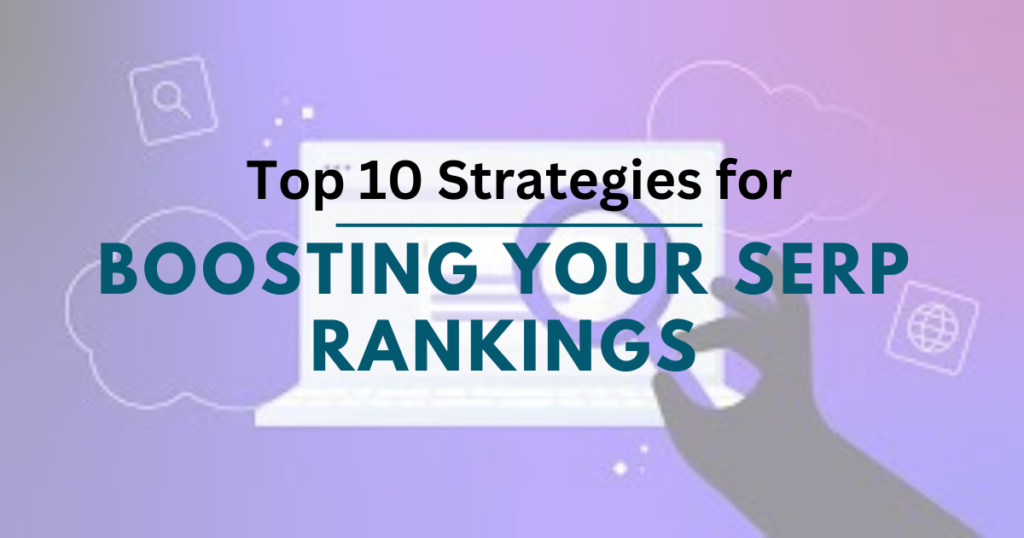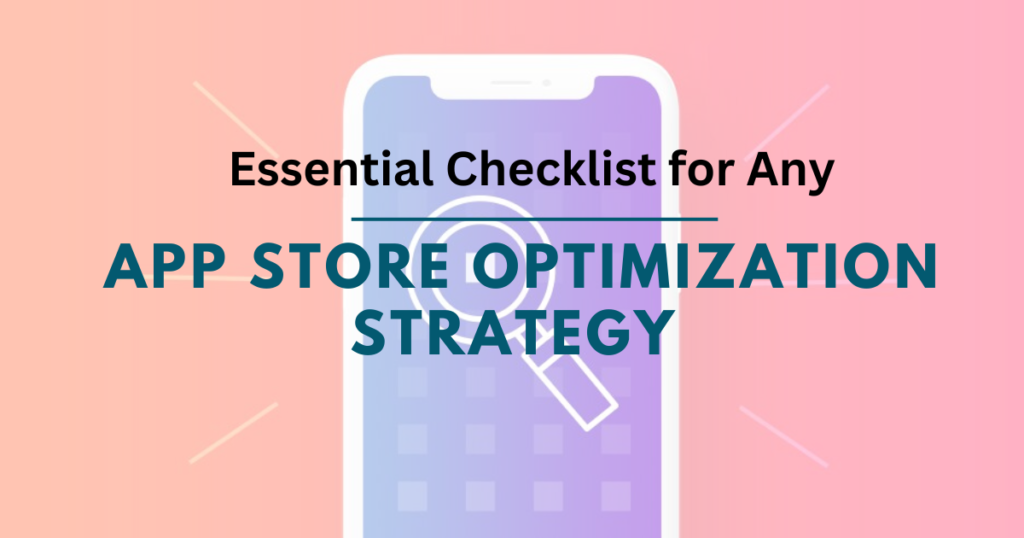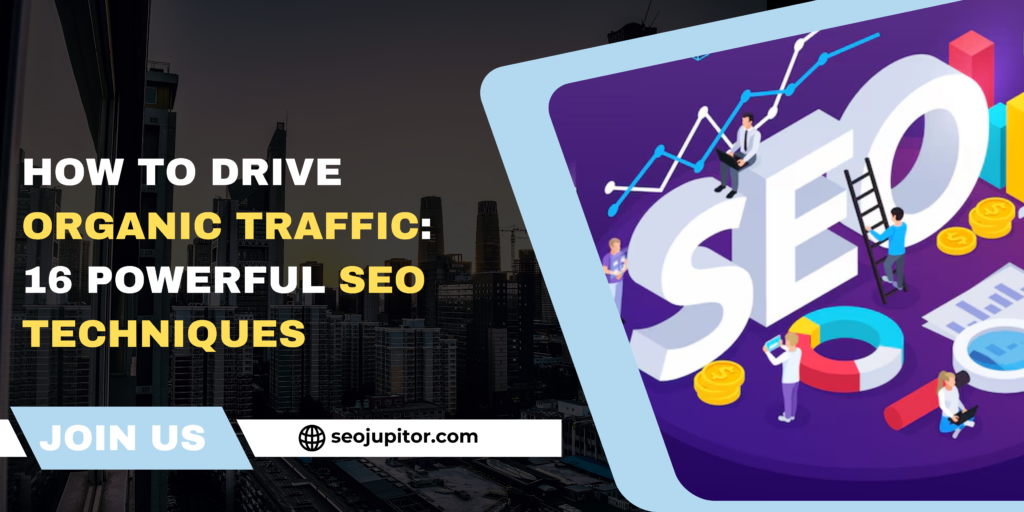securing a top spot on search engine results pages (SERP) is crucial for any online business. Improving your SERP rankings can drastically enhance visibility, drive organic traffic, and increase conversion rates. This guide delves into 10 successful ways to elevate your SERP position, combining time-tested techniques with innovative strategies that cater to the evolving algorithms of search engines.
Understanding SERP Rankings
- What is SERP?
Search Engine Results Pages (SERP) are the pages displayed by search engines in response to a user’s query. These pages include a combination of paid advertisements and organic search results, which are ranked based on their relevance and authority. Understanding the fundamentals of how SERPs work is essential for implementing effective SEO strategies.
- Key Factors That Influence Your SERP Position
Several factors can influence your ranking on SERPs. These include the quality of your content, keyword relevance, user engagement rates, page speed, mobile-friendliness, and the quality of backlinks. By mastering these elements, you can improve your website’s visibility and user experience, leading to better SERP positions.
Essential SEO Practices
- Keyword Research: Finding What Your Audience Searches For
Keyword research is the cornerstone of effective SEO. Identifying and targeting the right keywords based on user intent and search volume can drive targeted traffic to your site. Utilize tools like Google Keyword Planner or SEMrush to gather insights into the keywords your audience is searching for and tailor your content accordingly.
- On-Page Optimization: Crafting Quality Content
The quality of your content directly impacts your SERP rankings. High-quality, engaging, and informative content that satisfies user intent is more likely to rank well. Ensure your pages are optimized with relevant keywords, clear headings, and a logical structure that makes it easy for both users and search engines to navigate.
- The Role of Meta Tags and Descriptions
Meta tags and descriptions play a critical role in on-page SEO. They provide search engines with metadata about the contents of your page. Well-crafted meta descriptions can also improve click-through rates from SERPs, as they give users a snapshot of what to expect on your page.
- Image Optimization: Why It Matters
Images can significantly impact page load times and user engagement. Optimizing images by compressing them and adding descriptive alt text can boost your SEO, as well as enhance the user experience by ensuring your site loads quickly and is accessible.
Technical SEO: Ensuring a Solid Foundation
- Site Speed: Making Your Website Lightning Fast
A fast-loading website is essential for good SEO. Page speed is a direct ranking factor for Google, and slow-loading sites can lead to high bounce rates. Optimize your site’s speed by compressing images, leveraging browser caching, and minimizing the use of heavy scripts.
- Mobile Optimization: Preparing for Mobile-First Indexing
With mobile-first indexing, Google predominantly uses the mobile version of the content for indexing and ranking. Ensuring your website is optimized for mobile devices is crucial. This means having a responsive design, fast loading times, and accessible navigation on smaller screens.
Link Building Strategies
- The Importance of High-Quality Backlinks
Backlinks are among the most significant factors in SEO rankings. Links from reputable and relevant sites can boost your site’s credibility and authority, leading to higher rankings. Focus on building relationships and creating valuable content that others want to link to naturally.
- Guest Blogging: A Door to New Opportunities
Guest blogging can be an effective way to build backlinks and reach new audiences. By contributing high-quality content to other blogs in your industry, you can establish your expertise and direct traffic back to your site through backlinks.
Utilizing Social Media for SEO
- How Social Signals Boost SERP Rankings
While social signals are not a direct ranking factor, the engagement and visibility they generate can lead to improved SEO results. Active social media presence can drive traffic to your website and increase your content’s reach and shareability, indirectly boosting your SERP rankings.
- Effective Social Media Practices for SEO
Engage with your audience by posting regularly, responding to comments, and sharing valuable content. Use social media to promote your content and direct traffic to your optimized web pages, enhancing both your social presence and SEO efforts.
Local SEO: Capturing the Local Market
- Leveraging Google My Business for Local SEO
For local businesses, Google My Business is a powerful tool. It allows businesses to manage their online presence across Google, including searches and maps. Optimizing your Google My Business profile can improve your local search visibility and attract more local customers.
User Experience (UX) and SERP Rankings
- How UX Influences SEO and User Retention
User experience (UX) plays a crucial role in SEO. Websites that provide a positive user experience (fast load times, easy navigation, high-quality content) tend to have higher engagement rates, which can positively affect their SERP rankings. Ensuring your website is user-friendly is essential for both retaining customers and improving your SEO performance.
The Role of Artificial Intelligence in SEO
- AI and Machine Learning: Future Trends in SEO
Artificial intelligence (AI) and machine learning are transforming SEO. AI tools can analyze large amounts of data quickly and predict trends, helping SEO specialists optimize their strategies more effectively. Staying ahead of these technological advancements can provide a significant advantage in improving your SERP rankings.
Regular Updates and Content Refreshes
- The Importance of Keeping Content Fresh and Engaging
Regularly updating your content can keep your site relevant and engaging. Search engines favor websites that continually update their content as it indicates the site remains relevant and valuable to users. Schedule regular content reviews and updates to stay current and maintain or improve your SERP positions.
Monitoring and Analytics: Measuring Success
- Key Metrics to Watch in SEO
Monitoring various metrics can help you understand the effectiveness of your SEO strategies. Key metrics include organic traffic, bounce rates, conversion rates, and keyword rankings. Use tools like Google Analytics to track these metrics and adjust your strategies based on the insights you gain.
- Tools and Techniques for SEO Analytics
There are numerous tools available that can help you with SEO analytics. Tools like Google Analytics, Ahrefs, and Moz provide comprehensive insights into your website’s performance and areas for improvement. Leveraging these tools can help you fine-tune your SEO strategies and achieve better rankings.
Conclusion
Improving your SERP rankings requires a strategic approach and a deep understanding of SEO best practices. By focusing on both foundational SEO techniques and innovative strategies, you can enhance your online visibility and achieve sustainable success. Remember, SEO is a continuous process that requires constant monitoring and adaptation to the ever-changing digital landscape. Implement these 10 successful ways, and watch your website rise to the top of the search results.
Frequently Asked Questions
- What are the best practices for keyword research?
Identify keywords with high search volumes and low competition. Use tools like Google Keyword Planner or Ahrefs for comprehensive keyword research and analysis.
- How can I improve my website’s page speed?
Optimize images, enable browser caching, and minimize CSS and JavaScript. Use tools like Google PageSpeed Insights to identify areas for improvement.
- What is the importance of mobile optimization in SEO?
Mobile optimization is crucial as more users are accessing the web via mobile devices. A mobile-friendly website is more likely to retain visitors and achieve higher rankings in mobile search results.
- How do backlinks affect my SERP rankings?
Backlinks from high-authority sites can significantly improve your SERP rankings as they act as a vote of confidence from other websites.
- What are the best tools for SEO analytics?
Google Analytics, Ahrefs, and Moz are excellent tools for tracking your SEO progress and making data-driven decisions.





Pingback: Digital Marketing: Strategies, Importance, and Execution
Pingback: Unlock SEO Success with schema markup and Rich Snippets
Pingback: 5 Effective Ways to Perform an SEO Audit - SEO Jupitor
Pingback: How to Boost User Engagement for Better SEO: 11 Key Tips - SEO Jupitor
Pingback: Unlocking the Power of AEO: What You Need to Know - SEO Jupitor
I could not refrain from commenting. Well written!